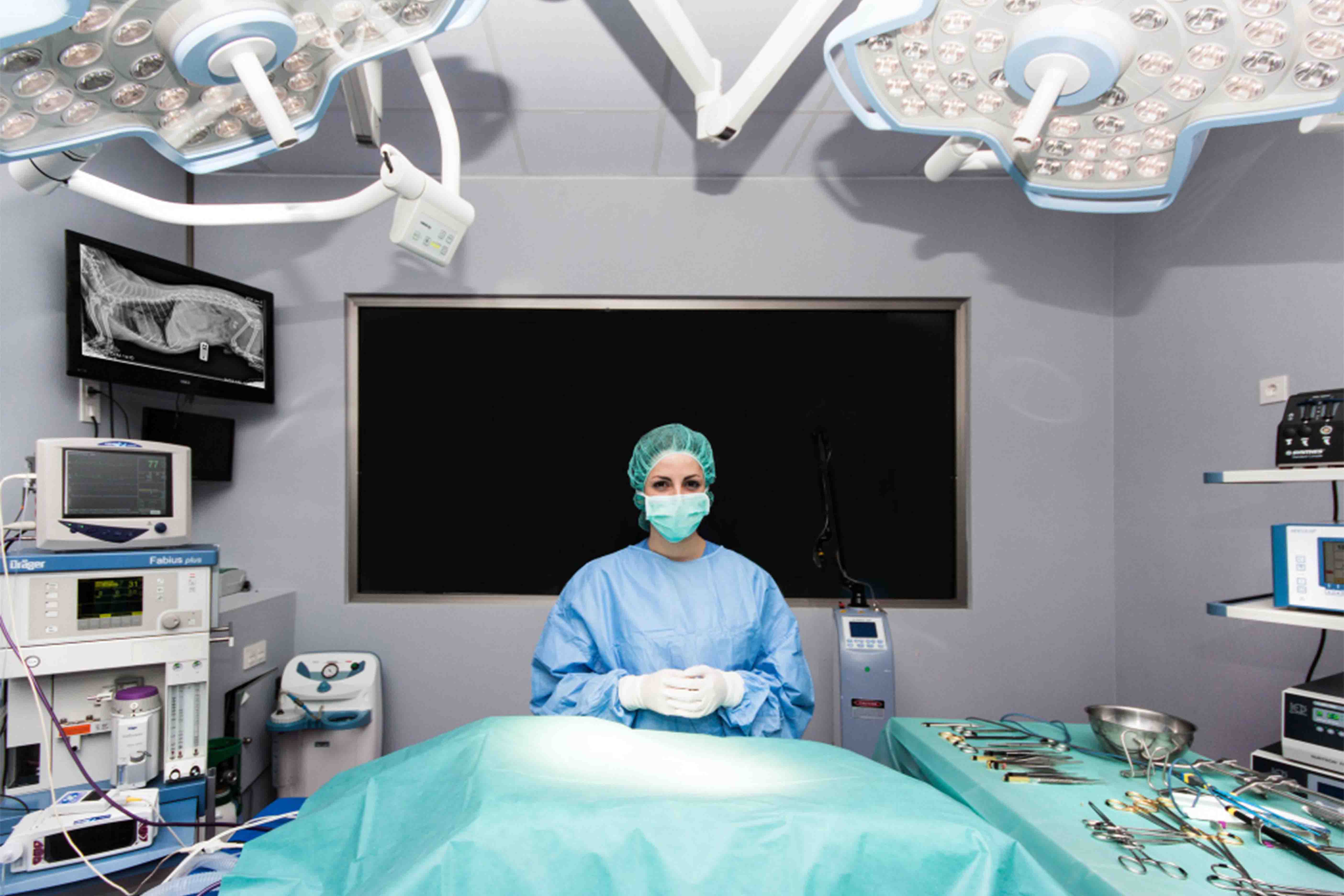
Modern operating rooms have undergone significant changes, with cutting-edge tools and technologies transforming the way surgeries are performed. These advancements are improving patient outcomes, enhancing precision, and reducing recovery times. One of the most revolutionary tools in today’s operating rooms is the use of advanced surgical robots. These robotic systems, such as the Da Vinci Surgical System, allow surgeons to perform minimally invasive procedures with unmatched precision. Through small incisions, robotic arms equipped with fine instruments are controlled by surgeons to perform delicate tasks. This reduces trauma to patients, accelerates healing, and minimizes complications. For anyone pursuing a career in healthcare, especially through a B.Sc. in Operation Theatre Technology in Medinipur, West Bengal, familiarity with robotic systems is becoming increasingly important, as these tools are now a staple in many surgical environments.
In addition to robotic systems, imaging technologies in modern operating rooms have seen remarkable advancements. High-definition (HD) and 3D imaging tools provide surgeons with real-time, detailed views of a patient’s internal organs and tissues during surgery. Technologies like intraoperative MRI (iMRI) and CT scans enhance surgical precision by offering surgeons an unparalleled look at the surgical site. These tools significantly reduce the need for exploratory surgeries, making procedures safer and more efficient. Mastering these imaging tools is essential for professionals working in operating rooms, as they are now integral to most surgical procedures.
Hybrid operating rooms represent another major advancement. These rooms combine the traditional setup of an OR with advanced imaging and minimally invasive tools, allowing surgeons to perform complex surgeries without moving the patient to different rooms. Hybrid ORs are particularly useful in surgeries involving multiple disciplines, such as cardiovascular or neurosurgical procedures, where multiple techniques might be required. By enabling real-time imaging and surgery to occur simultaneously, hybrid ORs enhance efficiency and reduce risks for patients. For professionals entering the field of operating theatre technology, an understanding of hybrid ORs is invaluable.
Another critical advancement in modern operating rooms is the use of energy-based surgical devices, such as electrosurgical units (ESUs) and ultrasonic scalpels. These devices allow surgeons to cut, coagulate, and seal tissue with greater precision, resulting in reduced blood loss and shorter recovery times. Electrosurgical tools use electrical energy for precise incisions and cauterization, while ultrasonic devices employ sound waves for similar purposes. These energy-based technologies make surgeries safer and more efficient, making it essential for operating theatre professionals to be trained in their use and maintenance.
Advanced patient monitoring systems have also transformed surgical care. These systems provide real-time data on a patient’s vital signs, including heart rate, oxygen levels, blood pressure, and respiratory function. Modern systems are often wireless and can continuously track patients during and after surgery, ensuring their safety throughout the process. In some cases, predictive analytics are used to anticipate potential complications before they arise. For those working in operating theatres, mastering these monitoring systems is critical to ensuring smooth and safe surgical procedures.
Surgical navigation systems, often described as the “GPS for surgeons,” are another essential tool in modern ORs. These systems use advanced imaging and real-time data to guide surgeons during complex procedures, such as neurosurgery or orthopedic surgeries. By providing detailed, real-time maps of the surgical site, these systems help surgeons navigate delicate structures with greater accuracy, reducing the risk of errors. For professionals in the field, understanding surgical navigation systems is becoming increasingly necessary, as they are widely used in specialized surgeries.
Technologies like augmented reality (AR) and virtual reality (VR) are also making their way into operating rooms, particularly for training and surgical planning. Surgeons can now simulate complex surgeries in a virtual environment before performing them on patients, which helps them better prepare and make informed decisions. During surgeries, AR overlays digital images onto the real surgical site, providing surgeons with additional real-time data. These innovations are particularly useful in complex surgeries, where every detail matters, and professionals trained in AR and VR technology will have a competitive advantage.
Finally, modern sterilization and disinfection methods are more advanced than ever. With the growing need for infection control in healthcare settings, technologies such as plasma sterilizers and ultraviolet (UV) disinfection systems have become crucial in maintaining a sterile operating environment. These methods ensure that surgical instruments and equipment are free from harmful pathogens, reducing the risk of infection during surgery. Professionals in operating rooms must be adept at using these sterilization technologies to ensure patient safety and prevent hospital-acquired infections.
In conclusion, the modern operating room is a high-tech environment where innovative tools and technologies are continuously advancing surgical care. From robotic surgery and advanced imaging to hybrid operating rooms and energy-based devices, these tools are transforming how surgeries are performed. For those pursuing a career in healthcare, understanding and mastering these tools is essential for delivering the best possible care. As the field of surgical technology continues to evolve, professionals must stay informed about the latest advancements to ensure optimal patient outcomes and contribute to the future of healthcare. At Kshudiram Bose Institute of Health Education & Research (KBIHER), students are equipped with the knowledge and skills to thrive in this fast-changing landscape, preparing them to meet the challenges of tomorrow’s operating rooms.